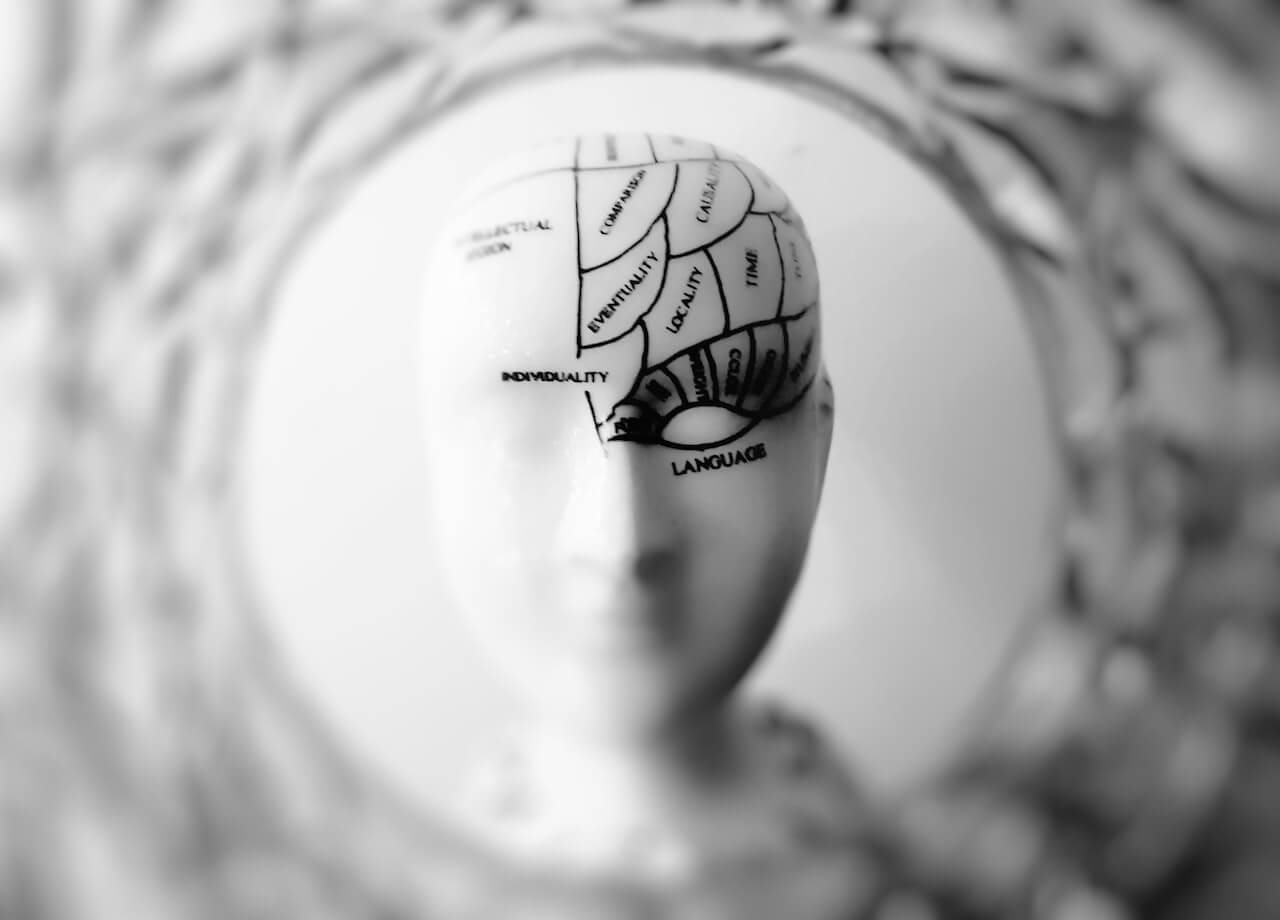How Therapy Can Help Improve Emotional Intelligence
Emotional intelligence, also known as emotional intelligence or emotional regulation, refers to our ability to manage and express our emotions in a healthy and appropriate way. It involves being aware of our emotions, being able to label them accurately, and being able to manage them in a way that doesn’t interfere with our daily lives. Having strong emotional intelligence can help us to navigate the ups and downs of life with more resilience and adaptability. It can also improve our relationships, communication skills, and overall sense of well-being.
The four components of emotional intelligence
Self-awareness: This involves being aware of our own emotions and how they affect our thoughts and behaviours. It also involves being able to recognise our own strengths and limitations.

Self-regulation: This involves being able to manage and control our emotions, rather than letting them control us. It involves the ability to delay gratification, manage stress, and adapt to change.

Motivation: This involves being able to use our emotions to drive us towards our goals and to stay motivated. It also involves being able to find meaning and purpose in our lives.

Empathy: This involves being able to understand and relate to the emotions of others. It involves the ability to communicate effectively, form strong relationships, and work effectively in teams.

Research has shown that emotional intelligence is related to a number of positive outcomes. For example, a study published in the journal Intelligence found that emotional intelligence was significantly related to life satisfaction and overall well-being. Another study published in the journal Personality and Individual Differences found that emotional intelligence was related to better social skills and relationships. A meta-analysis of over 500 studies published in the journal Psychological Bulletin found that emotional intelligence was positively related to job performance, leadership, and overall success in life.
Why bother improving your emotional intelligence?
Emotional intelligence is a better predictor of success than IQ. According to a meta-analysis of over 500 studies published in the journal Psychological Bulletin, emotional intelligence is a better predictor of success in both personal and professional settings than IQ.
People with high emotional intelligence have better relationships. A study published in the journal Personality and Individual Differences found that emotional intelligence was related to better social skills and relationships.
Emotional intelligence is related to job performance. A meta-analysis of over 500 studies published in the journal Psychological Bulletin found that emotional intelligence was positively related to job performance, particularly in leadership roles.
Emotional intelligence is related to overall well-being. A study published in the journal Intelligence found that emotional intelligence was significantly related to life satisfaction and overall well-being.
Emotional intelligence can be improved. Research has shown that emotional intelligence can be improved through practices such as mindfulness, stress management, therapy, and self-compassion.
How to improve your emotional intelligence

Therapy can be an effective way to improve emotional intelligence. A mental health professional, such as a therapist or counsellor, can provide a safe and supportive environment for exploring and processing emotions. They can also teach skills and techniques for managing emotions, such as mindfulness, stress management, and self-compassion.
In particular, cognitive-behavioral therapy (CBT) has been found to be effective in improving emotional intelligence. CBT is a form of therapy that focuses on the relationship between thoughts, feelings, and behaviors, and aims to help individuals identify and change negative thought patterns that may be contributing to their emotional difficulties.
Research has shown that CBT can be effective in improving emotional intelligence in a variety of populations. For example, a study published in the journal Professional Psychology: Research and Practice found that CBT was effective in improving emotional intelligence in individuals with social anxiety disorder. Another study published in the journal Psychological Services found that CBT was effective in improving emotional intelligence and reducing negative emotions in adults with depression.
Overall, therapy can be an effective way to improve emotional intelligence and build emotional resilience. It is important to talk to a mental health professional to determine the best course of treatment for your specific needs. We've made it easy for you to get started by booking a free consultation with one of our qualified therapists.












